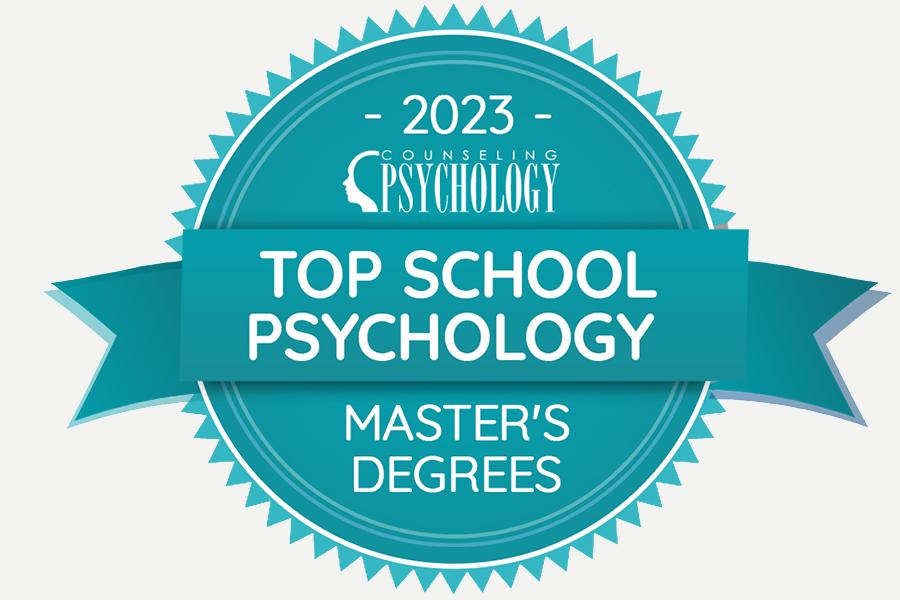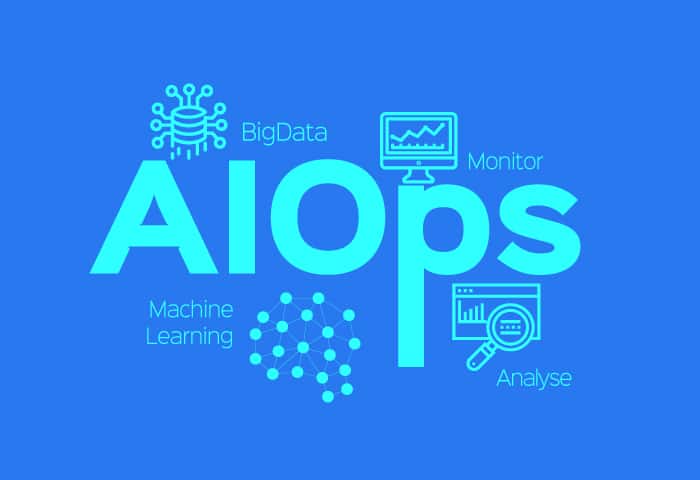The rise of masters in education online programs is revolutionizing the way educators pursue advanced degrees. These programs offer a flexible and engaging learning environment, allowing educators to access cutting-edge research, develop innovative teaching strategies, and enhance their leadership skills—all from the comfort of their own homes.
Toc
- 1. Why Choose Masters in Education Online Programs?
- 2. Types of Online Masters in Education Programs
- 3. Choosing the Right Online Masters in Education Program
- 4. Navigating the Application Process for Online Masters in Education Programs
- 5. Thriving in an Online Masters in Education Program
- 6. Related articles 02:
- 7. Frequently Asked Questions
- 8. Conclusion
- 9. Related articles 01:
Why Choose Masters in Education Online Programs?

Earning a master’s degree in education online presents numerous advantages for educators looking to elevate their careers. Here are some compelling reasons to consider masters programs online education:
- Enhanced Career Opportunities: With a master’s degree, educators can stand out in a competitive job market, gaining access to a broader spectrum of teaching positions, including leadership roles and specialized teaching areas. For instance, a master’s degree can qualify educators for positions such as instructional coaches, curriculum coordinators, or school administrators. These roles often involve leading professional development, designing curriculum, and overseeing school-wide initiatives, offering a significant impact on educational practices. Many school districts prioritize candidates with advanced degrees when making hiring decisions, which can lead to greater job security and advancement opportunities.
- Increased Salary Potential: Research indicates that educators with online master degree programs in education typically earn higher salaries than their peers with only a bachelor’s degree. According to the Bureau of Labor Statistics, teachers with a master’s degree can earn an average of $10,000 to $15,000 more annually than those with just a bachelor’s degree. For example, according to the National Education Association (NEA), teachers in California with a master’s degree earn an average of $12,000 more annually than those with only a bachelor’s degree. This financial incentive can lead to substantial lifetime earnings, making the investment in a master’s program worthwhile.
- Specialization Options: Online masters education programs allow individuals to focus on specific areas of interest, such as special education, curriculum development, or educational technology. With the increasing integration of technology in classrooms, there is a growing demand for educators with expertise in educational technology. Online programs often offer specializations in areas like instructional design, digital learning, and online teaching, equipping graduates with the skills to effectively utilize technology in their classrooms. This specialization can enhance your teaching effectiveness and make you a more attractive candidate for positions in niche fields.
- Improved Teaching Practices: By engaging with the latest educational methodologies and assessment techniques, educators can enhance their instructional practices, better meeting the diverse needs of their students. These programs delve into cutting-edge teaching strategies, such as differentiated instruction, which empowers educators to tailor their teaching to meet the diverse needs of their students, and culturally responsive teaching, which fosters inclusive and equitable learning environments. These programs often cover contemporary topics, equipping you with the tools to succeed in today’s classrooms.
- Leadership Pathways: A master’s degree can pave the way for roles beyond classroom teaching, such as curriculum coordination, educational administration, or instructional coaching. Many educators find that pursuing a master’s degree opens doors to positions that allow them to influence educational policy and practice at a broader level.
- Flexible Learning: Online education master degree programs offer the convenience of studying at one’s own pace, making it easier for educators to balance their studies with professional and personal commitments. This flexibility is especially valuable for teachers who are already working full-time, as it allows them to pursue their education without disrupting their careers. Online programs offer the convenience of attending classes from home, scheduling study time around their work schedules, and accessing course materials at their own pace.
- Access to Diverse Programs: The online format allows educators to choose from a wide range of programs and institutions, regardless of geographical limitations. This accessibility means you can find a program that aligns perfectly with your interests and career goals, whether you are looking for a highly ranked university or a specialized program.
Types of Online Masters in Education Programs

When exploring masters in education online programs, it’s essential to understand the different types available. The two primary paths include:
Master of Arts in Teaching (MAT)
- Focus: The MAT is designed for individuals seeking initial teacher certification. This program is ideal for those who have a bachelor’s degree in a non-education field and wish to transition into teaching.
- Structure: This program combines academic coursework with hands-on classroom experience, often incorporating a supervised student teaching component to develop practical teaching skills. The MAT curriculum typically includes courses in pedagogy, child development, and instructional strategies, ensuring that graduates are well-prepared for the classroom.
- Career Outcomes: Graduates of MAT programs often go on to teach in K-12 settings, but they may also find opportunities in educational consulting or curriculum development.
Master of Education (M-Ed-)
- Focus: The M.Ed. is a broader graduate degree suitable for both aspiring and seasoned educators. It is designed for those looking to advance their careers, whether they are currently teaching or seeking leadership roles.
- Curriculum: This degree delves into areas like educational leadership, curriculum design, and education policy, offering specialized concentrations to tailor studies to specific interests. Students can often choose from concentrations such as special education, instructional technology, or higher education administration.
- Career Outcomes: Graduates with an M.Ed. may pursue roles in educational administration, instructional coordination, or policy analysis, among other positions. This degree is often seen as a stepping stone to leadership roles within schools or districts.
Choosing the Right Online Masters in Education Program

Selecting the ideal online master programs in education requires careful consideration. Here are key factors to guide your decision-making process:
Alignment with State Licensure Requirements
- Importance: Ensure that the program you choose meets the specific teaching certification requirements for your state. Some online masters education programs may cater to particular state standards, while others may provide a more generalized curriculum. This alignment is crucial for those looking to obtain licensure upon graduation.
- Research Requirements: Each state has different licensure requirements, so it’s essential to research what is needed in your state. Some programs may offer a pathway to licensure, while others may not.
Curricular Specializations
- Identify Interests: Determine your areas of interest or the student populations you wish to serve. Look for programs offering relevant specializations, such as special education, STEM education, or bilingual instruction. Specialization can enhance your marketability and effectiveness as an educator.
- Explore Course Offerings: Review the course offerings in potential programs to ensure they align with your interests. Some programs may offer unique courses that cater to current trends in education, such as online learning strategies or social-emotional learning.
Instructional Format
- Learning Models: Online programs can be synchronous (live classes) or asynchronous (self-paced). Evaluate which format best fits your learning style and schedule. Synchronous classes may provide more interaction with instructors and peers, while asynchronous classes offer greater flexibility.
- Technology Requirements: Consider the technology requirements for each program. Ensure that you have access to the necessary tools and platforms for successful online learning.
Accreditation
- Quality Assurance: Prioritize programs accredited by recognized organizations, such as the Council for the Accreditation of Educator Preparation (CAEP) or the Higher Learning Commission (HLC). Accreditation confirms that the program meets high-quality educational standards.
- Impact on Future Opportunities: Attending an accredited program can enhance your credibility and improve your job prospects after graduation. Employers often look favorably on candidates from accredited institutions.

Navigating the application process for online master degree programs in education can feel daunting, but understanding the requirements can simplify the journey:
Admissions Requirements
- Common Criteria: Most programs require a bachelor’s degree, a minimum GPA, transcripts, letters of recommendation, and a statement of purpose. Some may also ask for standardized test scores or teaching experience. Be sure to check the specific requirements for each program you are considering.
- Gathering Documentation: Start gathering your application materials early to ensure you meet all deadlines. This includes requesting transcripts and letters of recommendation in advance.
Application Timeline
- Plan Ahead: Start your application process well in advance of your desired enrollment date. Deadlines can vary significantly between institutions, so be sure to check each program’s schedule. Some programs may have rolling admissions, while others have fixed deadlines.
- Stay Organized: Create a timeline or checklist to keep track of application deadlines and requirements for each program.
Crafting a Compelling Application
- Statement of Purpose: Write a thoughtful statement of purpose that highlights your passion for education, relevant experiences, and goals for pursuing an advanced degree. This is your chance to showcase your unique perspective and commitment to the field.
- Recommendations: Request letters of recommendation from individuals who can attest to your teaching abilities and potential. Choose recommenders who know you well and can provide specific examples of your skills and accomplishments.
Thriving in an Online Masters in Education Program

Earning an online education master degree requires dedication and effective strategies to succeed. Here are some tips to help you thrive:
1. https://cacutproapk.com/archive/409/
2. https://cacutproapk.com/archive/411/
3. https://cacutproapk.com/archive/410/
Prioritize Time Management
- Structured Routine: Establish a consistent study schedule that balances coursework with your other professional and personal obligations. Time management is crucial for success in an online learning environment.
- Set Priorities: Identify your most important tasks and allocate time accordingly. Use tools like calendars or task management apps to keep track of deadlines and assignments.
Stay Motivated
- Set Goals: Define clear, achievable goals and celebrate your accomplishments along the way. Break larger projects into smaller, manageable tasks to maintain a sense of progress.
- Engage with Peers: Reach out to classmates and instructors to build a supportive community. Participating in discussions and group projects can enhance your learning experience and provide motivation.
Leverage Online Resources
- Utilize Support Services: Take advantage of the digital tools and resources provided by your university, such as virtual tutoring and multimedia course materials, to enhance your learning experience. Many programs also offer academic advising and career services to support your journey.
- Explore Additional Learning Opportunities: In addition to university-provided resources, educators can access a wealth of online learning platforms and resources, such as Khan Academy, Coursera, and Edpuzzle, which offer free or affordable courses, interactive exercises, and instructional materials to enhance their knowledge and skills. Look for webinars, workshops, and online conferences related to your field. These can provide valuable insights and help you stay current with trends in education.
Frequently Asked Questions
Q: What are the common career paths after earning an online Masters in Education?
A: An online M.Ed. can lead to various roles, including classroom teacher, curriculum developer, educational administrator, instructional coach, educational technology specialist, and higher education faculty. Many graduates also explore roles in educational consulting or policy development.
Q: How long does it take to complete an online Masters in Education program?
A: The duration varies, but many accelerated programs can be completed in 12-24 months. Factors like full-time enrollment, credit requirements, and program structure influence the timeline. Part-time options may take longer but allow for greater flexibility.
Q: What are the potential salary benefits of earning an online Masters in Education?
A: Teachers with a master’s degree often earn higher salaries than those with only a bachelor’s degree. The exact salary increase varies by state, district, and position. Additionally, advanced degrees can lead to promotions and increased responsibilities, further enhancing earning potential.
Conclusion
Pursuing a master’s in education online is a transformative opportunity for educators eager to advance their careers. By thoroughly researching available programs, selecting the right fit, and engaging with the online learning experience, you can unlock pathways to professional growth, increased earning potential, and a fulfilling career in education. Start your journey today by exploring the diverse range of online masters education programs available, and find the one that aligns best with your aspirations and goals. Whether you’re looking to enhance your teaching skills, specialize in a specific area, or move into leadership, an online master’s in education can help you achieve your dreams.
1. https://cacutproapk.com/archive/410/
2. https://cacutproapk.com/archive/408/
3. https://cacutproapk.com/archive/411/










